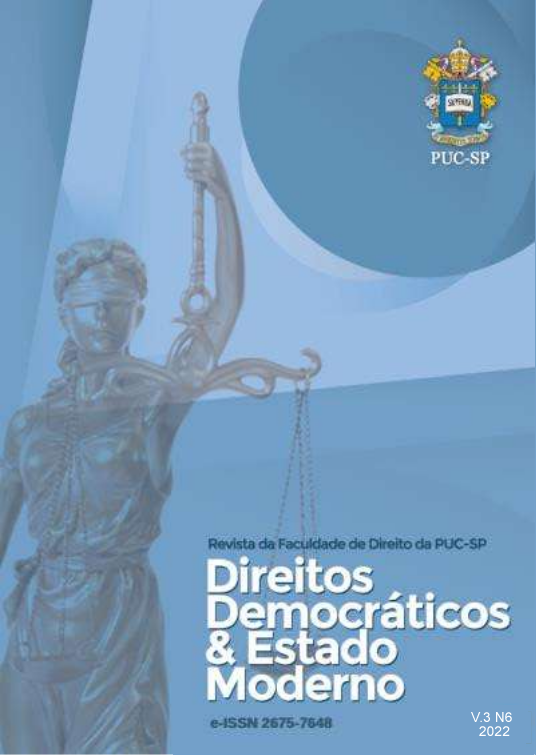Resenha do Livro - Post Mortem
A questão sucessória de embriões criopreservados
DOI:
https://doi.org/10.23925/ddem.v.3.n.6.58325Palavras-chave:
Bioética, embriões congelados, sucessão, planejamento familiar, filho póstumoResumo
A técnica de reprodução humana assistida post mortem encontra-se autorizada desde 2002 pelo Código Civil. Os aspectos éticos e jurídicos envolvidos em tal tomada de decisão do legislador são inquestionáveis. Afinal, trata-se da geração de uma vida, sem que o filho que virá a nascer, tenha sequer a oportunidade de conhecer seu pai, uma vez que ele já está morto quando ele é concebido, ou quando ele, ainda embrião, é transferido para o útero materno. A dignidade desse ser humano que vem a ser concebido ou gestado após o falecimento de seu pai biológico, pode-se dizer, é o leit motiv do estudo que ora vem a público.
Referências
NOMURA-SANTIAGO, Maria Carolina. Post Mortem: A questão sucessória de embriões criopreservados. LiberArs, 2021. ISBN 978-65-5953-043-4. (https://www.liberars.com.br/post-mortem-a-questao-sucessoria-de-embrioes-criopreservados)
Downloads
Publicado
Como Citar
Edição
Seção
Licença
Copyright (c) 2022 Direitos Democráticos & Estado Moderno

Este trabalho está licenciado sob uma licença Creative Commons Attribution 4.0 International License.

Este obra está licenciada com uma Licença Creative Commons Atribuição 4.0 Internacional.
Revista DD&EM - ISSN 2675-7648
















